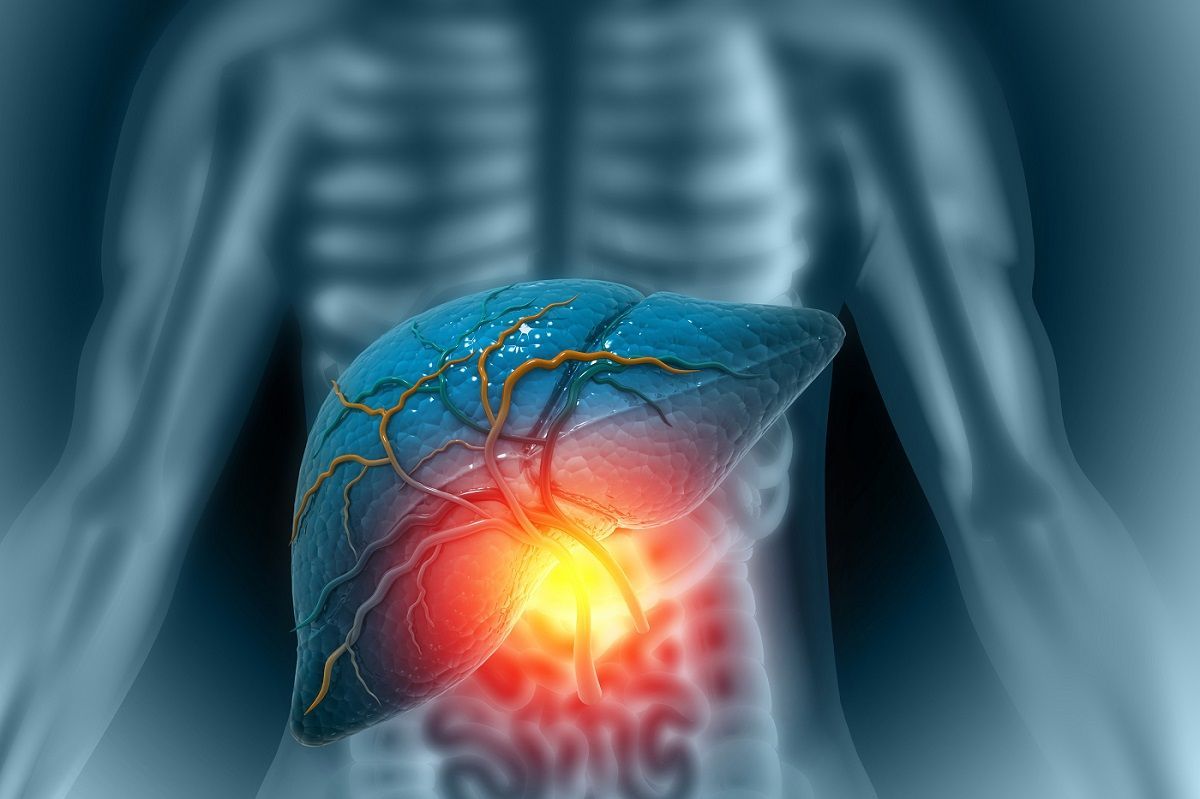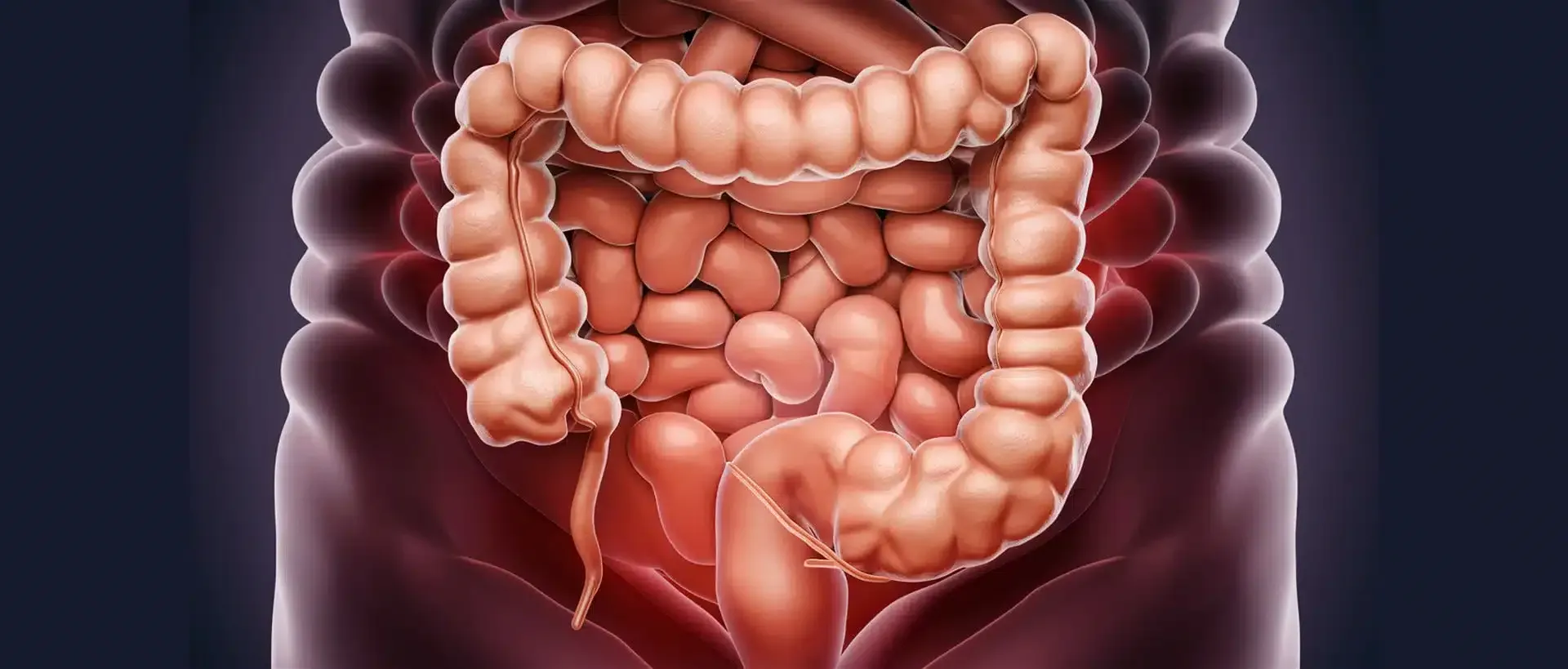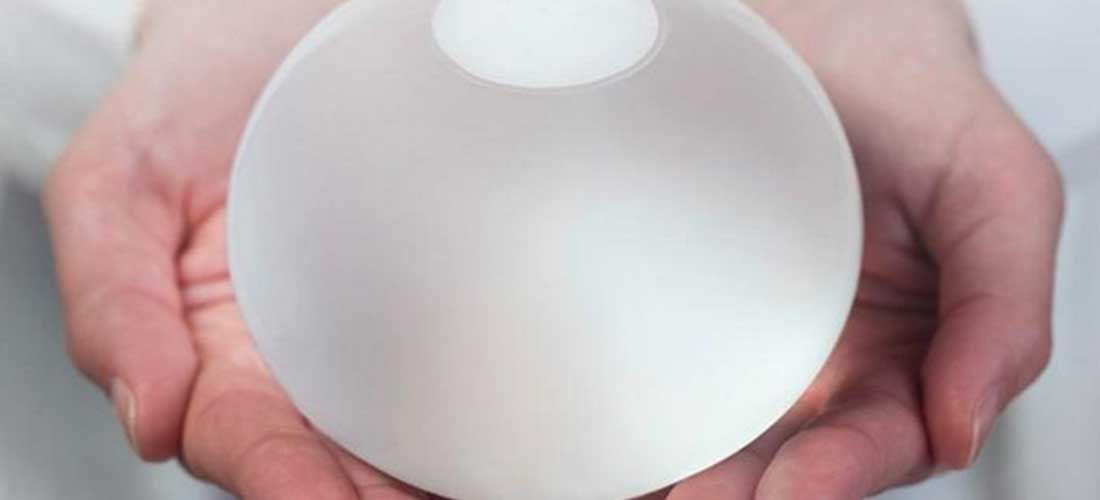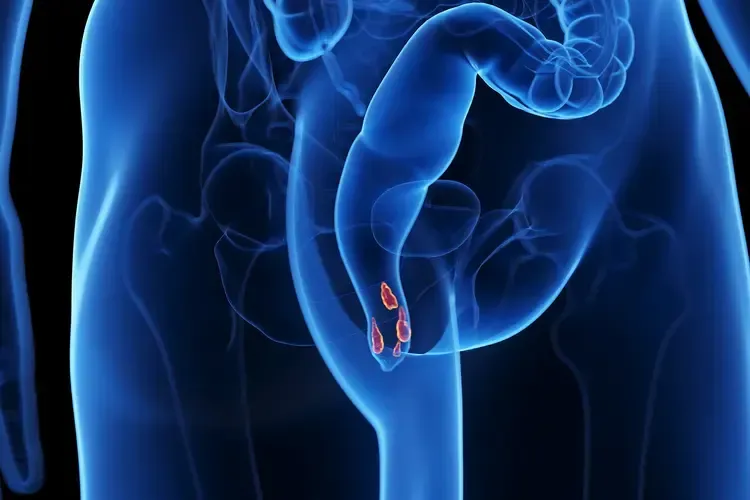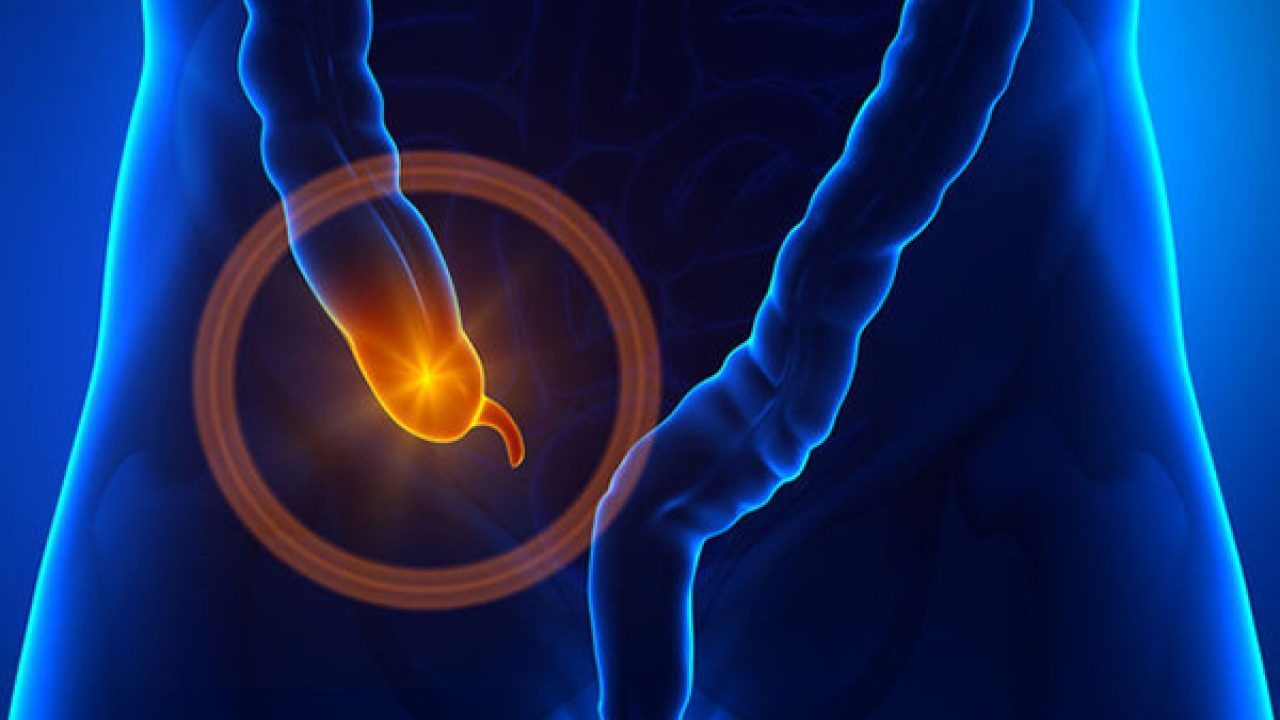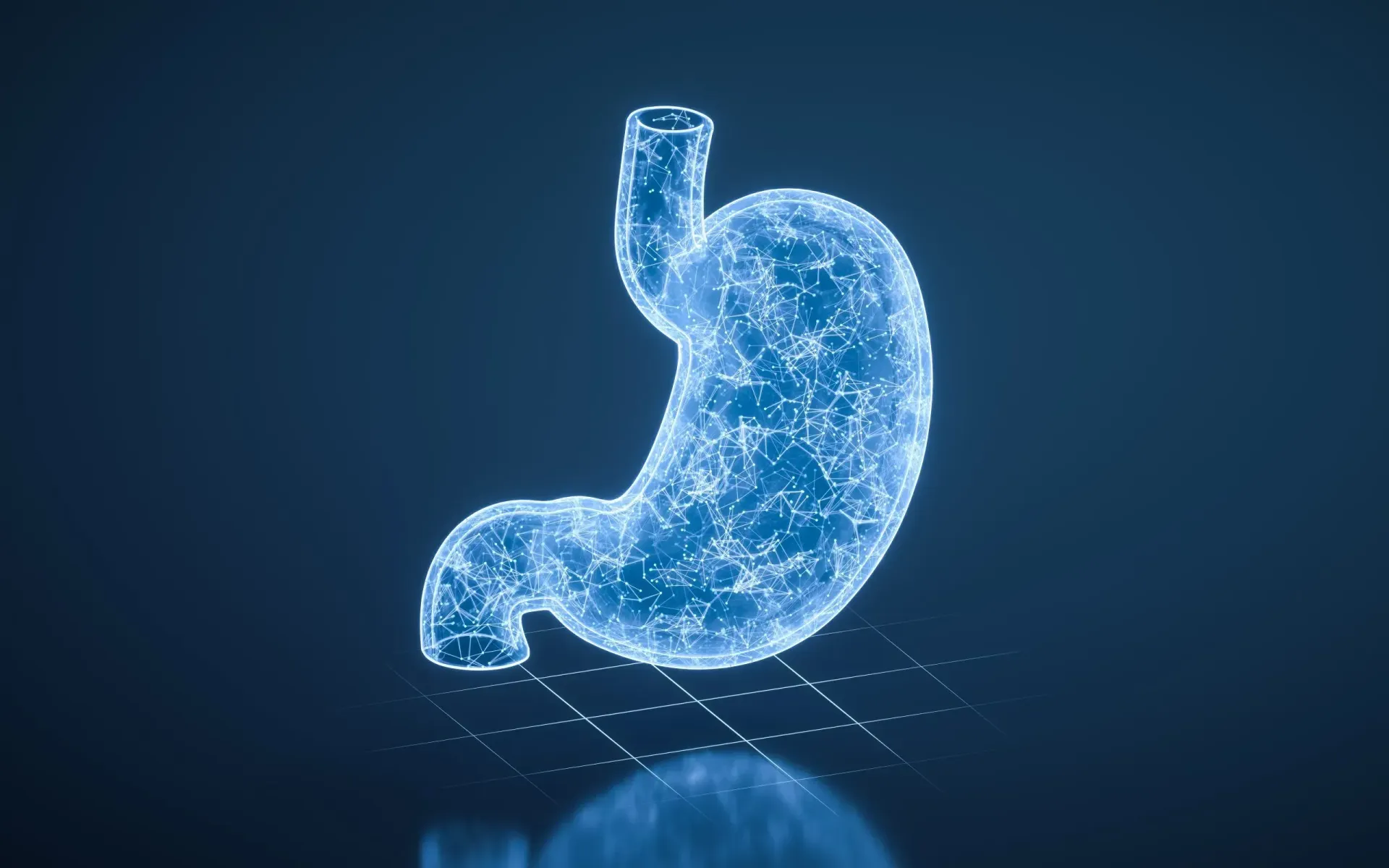Diet, Health, and Meal Planning Tips (The Basics)

Why is it important to eat a healthy diet?
It’s important to eat a healthy diet because eating the right foods can keep you healthy now and later on in life. Read on for healthy eating guidelines and helpful meal planning tips.
Which foods are especially healthy?
Foods that are especially healthy include:
- Fruits and vegetables – Eating a diet with lots of fruits and vegetables can help prevent heart disease and strokes as well as reduce common GI Symptoms. It might also help prevent certain types of cancers. Try to eat fruits and vegetables at each meal and also for snacks. If you don’t have fresh fruits and vegetables available, you can eat frozen or canned ones instead. Doctors recommend eating at least 2 1/2 servings of vegetables and 2 servings of fruits each day.
- Foods with fiber – Eating foods with a lot of fiber can help prevent heart disease and strokes. If you have type 2 diabetes, it can also help control your blood sugar. Foods that have a lot of fiber include vegetables, fruits, beans, nuts, oatmeal, and whole grain breads and cereals. You can tell how much fiber is in a food by reading the nutrition label. Doctors recommend eating 25 to 36 grams of fiber each day.
- Foods with folate (also called folic acid ) – Folate is a vitamin that is important for pregnant people, since it helps prevent certain birth defects. Anyone who could get pregnant should get at least 400 micrograms of folic acid daily, whether or not they are actively trying to get pregnant. Folate is found in many breakfast cereals, oranges, orange juice, and green leafy vegetables.
- Foods with calcium and vitamin D – Babies, children, and adults need calcium and vitamin D to help keep their bones strong. Adults also need calcium and vitamin D to help prevent osteoporosis. Osteoporosis is a condition that causes bones to get “thin” and break more easily than usual. Different foods and drinks have calcium and vitamin D in them. People who don’t get enough calcium and vitamin D in their diet might need to take a supplement.
- Foods with protein – Protein helps your muscles stay strong. Healthy foods with a lot of protein include chicken, fish, eggs, beans, nuts, and soy products. Red meat also has a lot of protein, but it also contains fats, which can be unhealthy.
Some experts and weight loss coaches recommend a “Mediterranean diet.” This involves eating a lot of fruits, vegetables, nuts, whole grains, and olive oil. It also includes some fish, poultry, and dairy products, but not a lot of red meat. Eating this way can help your overall health, and might even lower your risk of having a stroke.
What foods should I avoid or limit?
To eat a healthy diet, there are some things you should avoid or limit. They include:
- Fats – There are different types of fats. Some types of fats are better for your body than others.
Trans fats are especially unhealthy. They are found in margarines, many fast foods, and some store-bought baked goods. Trans fats can raise your cholesterol level and your increase your chance of getting heart disease. You should avoid eating foods with these types of fats.
The type of “polyunsaturated” fats found in fish seems to be healthy and can reduce your chance of getting heart disease. Other polyunsaturated fats might also be good for your health. When you cook, it’s best to use oils with healthier fats, such as olive oil and canola oil.
- Sugar – To have a healthy diet, it’s important to limit or avoid sugar, sweets, and refined grains. Refined grains are found in white bread, white rice, most forms of pasta, and most packaged “snack” foods. Whole grains, such as whole-wheat bread and brown rice, have more fiber and are better for your health.
Avoiding sugar-sweetened beverages, like soda and sports drinks, can also help improve your health.
- Red meat – Studies have shown that eating a lot of red meat can increase your risk of certain health problems, including heart disease and cancer. You should limit the amount of red meat that you eat.
Can I drink alcohol as part of a healthy diet?
People who drink a small amount of alcohol each day might have a lower chance of getting heart disease. But drinking alcohol can lead to problems. For example, it can raise a person’s chances of getting liver disease and certain types of cancers. In women, even 1 drink a day can increase the risk of getting breast cancer.
Most doctors recommend that adult women not have more than 1 drink a day and that adult men not have more than 2 drinks a day. The limits are different because most women’s bodies take longer to break down alcohol.
How many calories do I need each day?
The number of calories you need each day depends on your weight, height, age, sex, and how active you are.
Your doctor or nurse can tell you how many calories you should eat each day. If you are trying to lose weight, you should eat fewer calories each day.
What if I have questions?If you have questions about which foods you should or should not eat, ask your doctor or nurse. The right diet for you will depend, in part, on your health and any medical conditions you have.
Source: Uptodate ®
Learn More About Weight Loss Tips And Treatments
Obesity In Adults Dietary Therapy And Weight Loss Coaches
Weight Loss Tips And Treatments The Basics
Weight Loss Clinic 5 Tips From Our Registered San Deigo Dietitian
Weight Loss Medications
Procedures For Weight Loss Were In It Together
The post Diet, Health, and Meal Planning Tips (The Basics) appeared first on Gastro SB.




